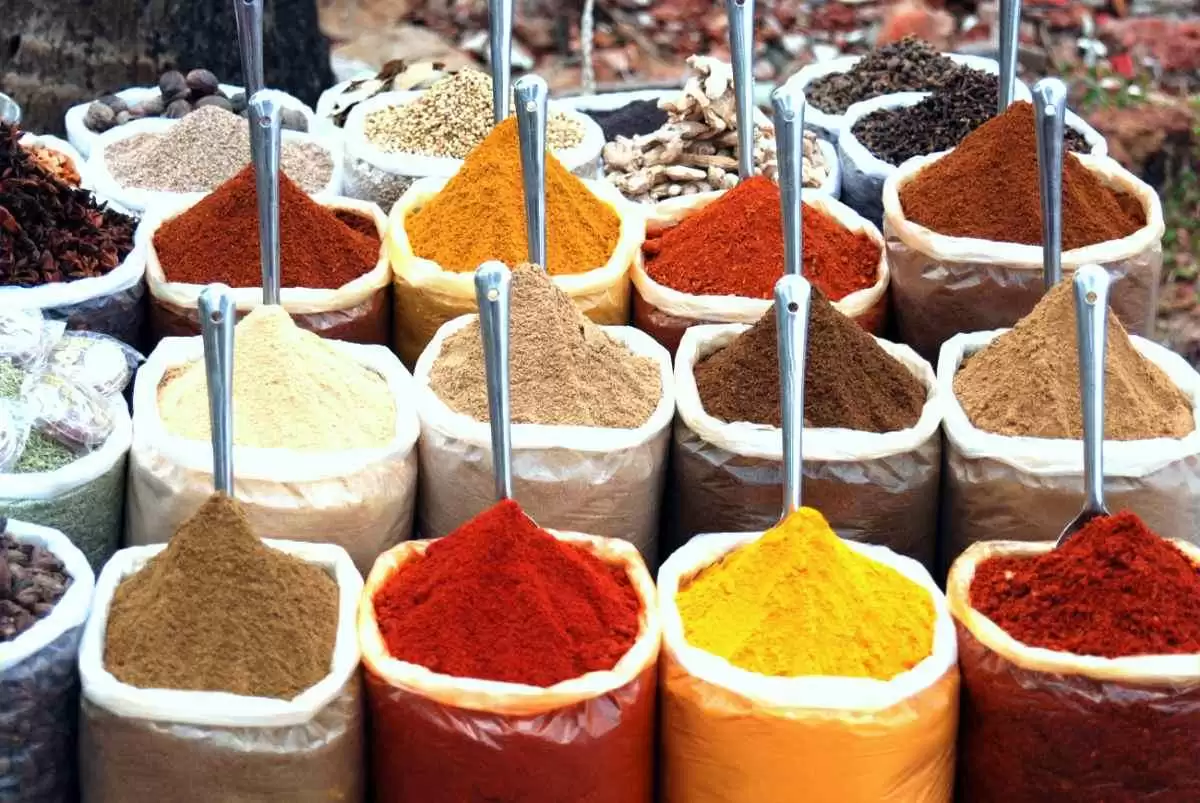
Celiac.com 05/23/2022 - Many people with celiac disease know to be cautious of possible gluten that might be hidden in selected spices and spice blends. However, there's some evidence to support the notion that some people suffering from celiac disease, wheat allergy or non-celiac gluten sensitivity may react to certain spices.
A team of researchers recently set out to see if extracts from selected spices, such as caraway, ginger, chili, sweet peppers, anise, sesame, nutmeg and black pepper, might be harmful to people suffering from celiac disease, wheat allergy or non-celiac gluten sensitivity. For each spice, they looked at the reaction of spice proteins with serum antibodies from celiac patients and rabbit antibodies raised to specific glutamine/proline-containing peptides.
Celiac.com Sponsor (A12):
The research team included Marta Słowianek, Dorota Mańkowska, and Joanna Leszczyńska. They are affiliated with the Institute of General Food Chemistry, Faculty of Biotechnology and Food Sciences, Lodz University of Technology in Lodz, Poland.
The team used ELISA, SDS-PAGE and immunoblotting to assess potential adverse reactions. They found that each of the spice extracts triggered some reaction from antibodies found in sera from two celiac patients, and to sera from rabbits that had been sensitized to the specific peptides, QQQPP, PQQQ and QQQP.
The QQQP peptide is one of the α-gliadin tetrapeptides that has been shown to have in vivo activity in the pathogenesis of celiac disease, and, according to the researchers "The highest level of immunoreactivity to anti-QQQP antibodies was reported in sweet (1054 ± 22) and chili pepper (698 ± 9), and "The most intense reactions in anti-QQQPP rabbit serum occurred with anise (61.8 kDa) protein and caraway (58.7, 53.9 and 21 kDa) proteins. The largest number of proteins that reacted with anti-QQQPP antibodies within a single group was among sesame proteins."
They noted that these peptides shared sequences that might be included in active epitopes for celiac disease and wheat allergy.
The reactions seen by the team indicate that spice proteins could trigger adverse reactions in celiac patients, patients with various wheat allergies or with non-celiac gluten sensitivity, and the study's conclusions are:
Expand QuoteCross-reactivity between anti-gliadin antibodies and spice proteins indicates that patients with celiac disease or wheat allergies may also have an intolerance to many spices. The examined spices contain proteins with a peptide sequence homologous to the toxic and allergenic gluten proteins of cereals. It may be translated into harmful effects of spices on intestinal mucosa of patients with celiac disease and allergenic potential of spices for people with wheat allergy.
The researchers are calling for further study to better determine the likelihood of their hypothesis.
Certainly, it would be a big deal if research shows that certain spices trigger reactions in people with celiac disease and non-celiac gluten sensitivity. Right now, the evidence does not support that idea enough to warrant any concern or action.
Stay tune for more on this and related stories.
Read more in Food & Agricultural Immunology








Recommended Comments
Create an account or sign in to comment
You need to be a member in order to leave a comment
Create an account
Sign up for a new account in our community. It's easy!
Register a new accountSign in
Already have an account? Sign in here.
Sign In Now